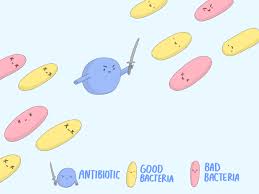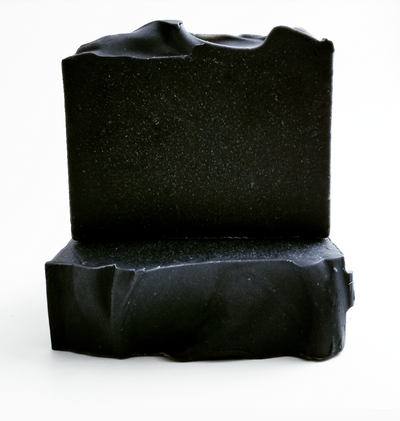The Microbiome

The Skin Microbiome
These microorganisms, bacteria, fungi, yeast, can be like little guys in a team, each with an important function in our microbiome. Some build on a strong skin barrier with the ceramides they produce, others feed off sebum to keep your oils in balance.
Like Jessica DeFino puts it in her Coveteur article, “An ecosystem is the perfect way to think about it, actually. Your skin is the environment and your microbiome is the community of living beings inhabiting the environment. And as we can see from what’s happening to our environment—you know, the earth—it prefers to not be polluted with unnecessary stuff, thanks.”
Your skin is smart, it knows how to repair, renew, exfoliate itself just fine. Seeing youtubers showcasing 50+ step skincare routines makes me cringe. It doesn’t have to be so overcomplicated. They are doing more damage than good. When too many products are introduced in your microbiome, it alters the habitat of your skin flora, throwing off the balance between good and bad bacteria.

Throwing off the balance
Flare ups and breakouts are a means of telling you that stuff needs to be either cut out or brought in. And it’s not always products.
Plentiful water? Yes please, let's flush those toxins. Overexfoliation? No, thanks, avoid flare ups.
After a good talk with my dermatologist, she said that biologically our bodies haven’t yet evolved to the point where washing our faces so much is actually necessary.
Things that can throw off balance in your microbiome include altering your natural pH levels (usually ranges from 4.7-5.5), stripping oils from your skin, drying out the skin, all through the use of harsh scrubs, cleansers, overexfoliation, and overdrying products (and also just overloading).
Restoring Balance
We can restore balance by keeping things simple. Your skin is the happiest when it’s kept moisturized and protected from the sun.
So what does a minimalistic routine look like?
Cleansing
Wash your face with water in the AM, and with a gentle cleanser at night.
For acneic skin, try a salicylic acid cream cleanser at night.
Moisturizing
Either with a lightweight face oil or a cream based moisturizer to keep your skin barrier healthy and nourished. This is an important step for everyone, those with dry skin and those with oily skin! Maintaining a healthy barrier will prevent water loss and sensitivities.
SPF
The most important step in all of skincare all year round, even if you work from home. SPF is king. SPF protects against sun damage, likelihood of skin cancer, reduces hyperpigmentation from acne scars or other skin trauma, and is the #1 in your toolkit to prevent unnecessary wrinkles.
This is the true core of skincare, everything else is extra. Use at your microbiome's discretion.


